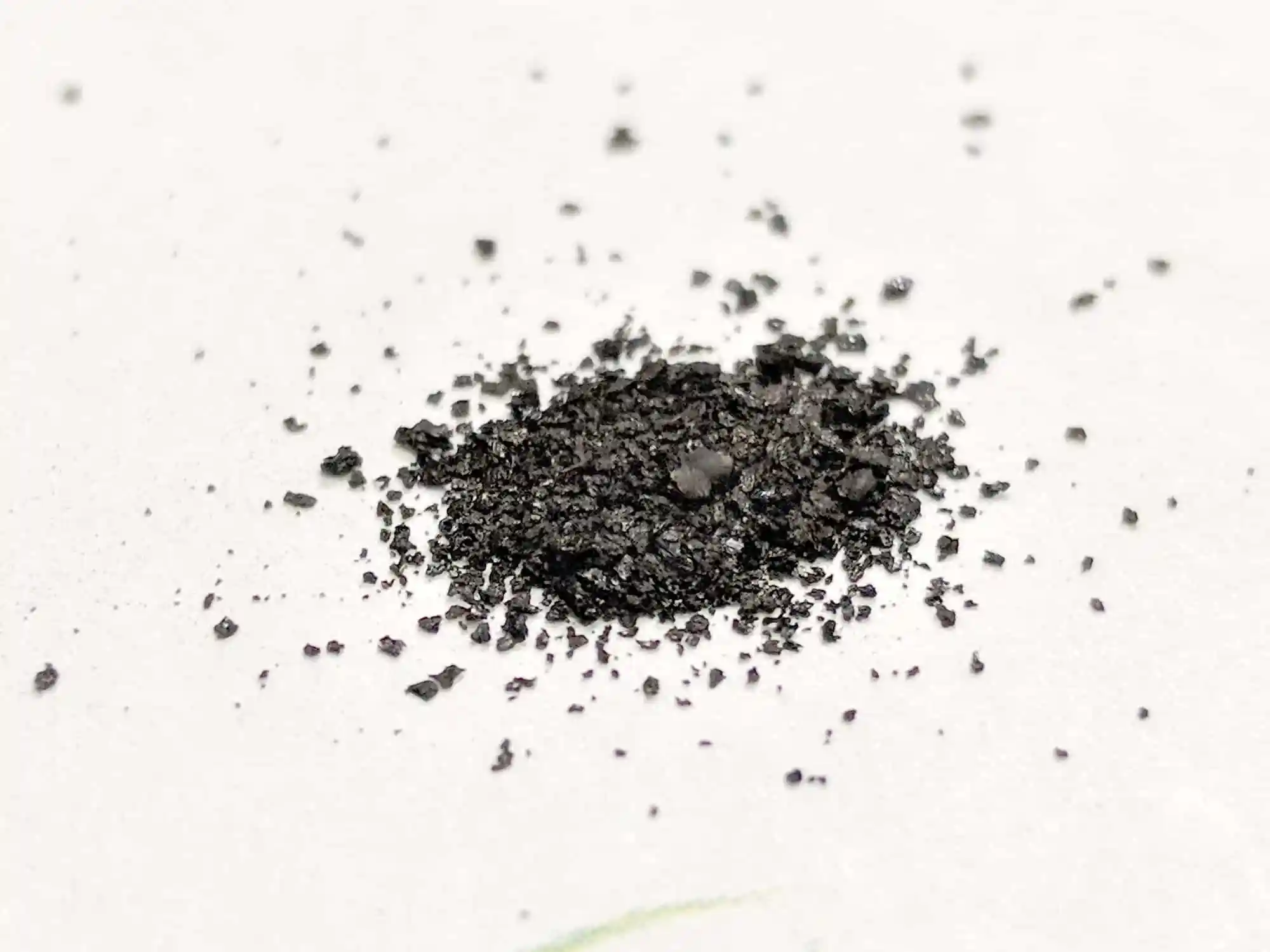Frequently referred to as a superfood, seaweed does offer a myriad of nutrients for people, so perhaps it should be surprising that seaweed, sea kelp in particular, is also a great natural fertilizer for your lawn and flowering plants. Sea kelp is the largest subgroup of seawood, which includes many marine plants and algae. In fact, more than 10,000 marine species fall under the mantle of seawood.
Sea kelp is a category of brown seaweed, though it may appear in many colors. Rich in essential nutrients, minerals, amino acids, cytokinins, and antioxidants, sea kelp not only makes excellent plant food, but it can also chelate the soil; that is to say, it can make it easier for plant roots to absorb nutrients from the soil. When it comes to lawn care, sea kelp applications are highly advantageous. Read more to learn how the benefits of sea kelp support a healthy lawn.
Table of Contents
Why Is Sea Kelp Good for Lawns?
It might seem odd that a large sea plant could provide extraordinary benefits for residential lawns, but that’s the case when it comes to sea kelp. Many kinds of seaweed also support a healthy lawn. Because sea kelp and other types of seaweed are organic, they provide natural health benefits for soil and plants. Whether you apply kelp seaweed to your lawn, flower garden, or vegetable plants, you can expect it to enhance your growing environment.
What Are the Benefits of Sea Kelp for Lawns?
The chief benefits of applying sea kelp to cool-season lawns and warm-season lawns include:
Increase Nutrient Levels and Improve Nutrient Absorption
Adding liquid seaweed or sea kelp to your soil will increase the nutrients found there and improve nutrient uptake. Sea kelp improves the ability of plant roots to absorb soil nutrients.
Boost Root Growth
Support healthy root growth and a strong root system regardless of grass types by adding sea kelp or liquid seaweed fertilizer to your lawn. This is often combined with humic acid, fulvic acid, and/or amino acids for a great all-in-one root growth stimulant.
Promote Seed Development
Sea kelp is dense with nutrients that support healthy grass seed development. This holds true for your annuals, perennials, and vegetables too.
Improve Turf Condition
Sea kelp can improve lawn density as well as its hardiness and appearance. If you want a lush green lawn, for instance, (and who doesn’t), sea kelp can help you achieve it naturally. We like to include Summer Survival which includes a mixture of sea kelp, humic acid, and potassium (SOP).
Improve Disease and Drought Resistance
Lawns can be vulnerable to various types of diseases, pests, and drought. Liquid seaweed or sea kelp liquid fertilizer applications can reduce drought stress and improve your lawn’s ability to resist disease and pest damage. A better defense system makes for a healthier lawn.
Boost Photosynthesis and Chlorophyll Production
The nutrients found in sea kelp boost the natural processes of plants. If you notice a greener lawn after liquid seaweed applications, it’s because the grass is producing chlorophyll at an increased rate.
Boost Carbohydrate Production
A boost in carbohydrates supports your lawn’s natural energy levels, which, in turn, speeds and improves root growth and grass blade growth, or plant growth if you’re fertilizing flower beds or vegetable gardens.
Sea Kelp: A Natural Biostimulant for Lawns
Kelp fertilizer almost seems too good to be true, and yet, it is exceptionally suited to supporting plant growth and a healthy soil. In spite of the fact that it grows in the sea, it does wonderful things back on land. As a natural plant hormone, sea kelp acts as a biostimulant for lawns. Its boosts the natural processes of grass plants; grass not only develops faster but also, to put it simply, better.
How Much and How Often Should You Apply Sea Kelp to Your Lawn?
Lawn Phix crews like to apply sea kelp fertilizer on a monthly basis, but fewer applications may suffice unless soil amendment is needed or the grass is struggling. Gardeners can also apply liquid kelp more frequently but at a reduced level. No matter what type of kelp fertilizer you choose, read the label and don’t exceed its recommended dose.
We favor Kelp4less for sea kelp products. The company also offers terrific information about humic acid, fulvic acid and other natural plant hormones grass. Here are a few more of our recommendations for liquid seaweed / sea kelp products:
Liquid:
Dry/water-soluble:
Best overall (combo sea kelp + other stimulants)
If you want to improve your lawn care routine, remember that grasses treated with sea kelp (as well as humic acid and fulvic acid) can enjoy a myriad of healthful benefits during the growing season. Whether you’re growing turf type tall fescue, Kentucky bluegrass, St. Augustine grass, or other grass types, you can add liquid kelp to support its health.
Sea Kelp for Lawns FAQs
Is sea kelp fertilizer good for lawns?
Yes, sea kelp fertilizer or seaweed extract is beneficial for lawns, vegetables, and flowering plants. It’s rich in nutrients that plants need and it also improves soil health.
Why is kelp used for lawns?
Sea kelp and liquid seaweed are applied with a hose-end sprayer to lawns to improve their health, disease resistance, and soil conditions. Liquid kelp also acts as a chelator, improving plant roots nutrient absorption.
How often should I apply liquid kelp to my lawn?
Lawns can benefit by a monthly application. Follow the directions on your product’s label. You can also consult with Lawn Phix. If your lawn is struggling, you may want to conduct a soil test and take other measures in addition to liquid seaweed applications to improve its health.

